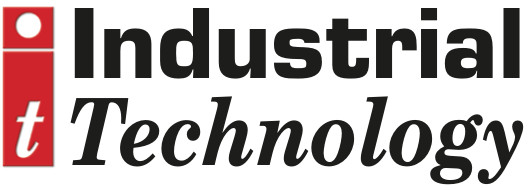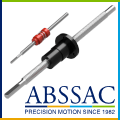
Posted to News on 23rd Feb 2016, 00:00
Eriks advises businesses to get ahead before MEPS changes in January 2017
A year on from the latest amendments to the European Minimum Energy Performance Standard (MEPS), there are opportunities for increasing energy efficiencies further, before the next round of changes in January 2017, says Gareth Lenton, business unit manager for drives and power transmission at Eriks UK.

The EU MEPS scheme replaced the voluntary CEMEP policy with a mandatory set of minimum efficiency standards. Its importance is stressed by the fact that as much as 70 per cent of the industry’s energy consumption is directly attributed to electric motors.
The first round of the new EU MEPS standard for electrical motors began in June 2011 and required all motors between 0.75kW and 375kW to meet a minimum efficiency requirement, known as IE2. In January 2015, further legislation was announced whereby the minimum efficiency requirement for motors between 7.5kW and 375kW was increased to the new IE3 standard, or IE2 level if fitted with a variable speed drive (inverter).
While motor users need to ensure that they are compliant with current legislation, they should also see this as a great opportunity to ensure their businesses are as efficient as possible. Likewise, the changes should not be seen in isolation as, for example, the first phase of the UK Government’s Energy Saving Opportunities Scheme (ESOS) required non-SME businesses to undertake regular audits of their energy consumption and potential energy saving opportunities. As major energy consumers, motors are most likely to feature as part of an energy audit too.
From 1st January 2017 the IE3 standard will become mandatory for all electric motors between 0.75-375kW, or IE2 level if fitted with a variable speed drive. Whilst IE2 rated electric motors will remain on the open market, it is the obligation of the end user to ensure compliance with the EU MEPS legislation. Therefore installing IE2 motors in applications without a variable speed drive would render them non-compliant.
In fact, UK government estimates state that motor efficiency will help to reduce global carbon emissions by one million tonnes every year, whilst also helping businesses to save in the region of £200 million per year in running costs as a result of improved efficiency.
And so, the message of energy efficiency in motors is clear and Eriks can help businesses to ensure compliance now, as well as work towards the new legislative requirements, with its Total Cost of Ownership Calculator and new ranges of electric motors from its comprehensive supplier network.
The UK industrial market needs to follow current legislation and prepare as best as it can for the new legislation anticipated in January 2017. My advice would be to invest in the most efficient motors that you can afford and mitigate against any future legislative changes now. In doing so, businesses will not only ensure compliance, but also both save money and reduce their carbon emissions.















